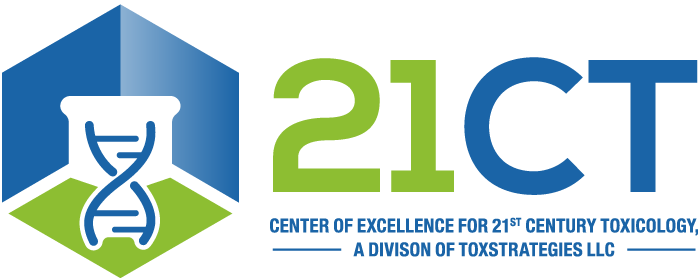Urban JD, Doepker CL,Cuellar-Kingston N, van de Ligt J, Carakostas M. Do highly purified steviol glycoside sweeteners cause food allergies? Presented at Society of Toxicology 53rd Annual Meeting, Phoenix, AZ, March 2014.
Abstract
Steviol glycoside sweeteners were permitted for use in the United States by the FDA beginning in late 2008. Prior to that, they were only allowed as dietary supplements, and most stevia products before 2008 were not highly purified (≥ 95% steviol glycosides). Steviol glycoside sweeteners are extracted from the plant Stevia rebaudiana (Bertoni), a member of the Asteraceae (Compositae) family. A number of member plants from this family can induce hypersensitivity reactions via multiple routes of exposure: dermal, inhalation, and ingestion. Well-known members of this plant family include the common herbs, widely consumed foods, and the allergens ragweed, goldenrod, and Chrysanthemum. Based on this common taxonomy, food allergy warnings for stevia are given in some popular food information sources. Not surprisingly, many non-scientific media reports and resources allege the potential for stevia allergy. To determine if such allergy warnings are warranted on stevia products, a comprehensive literature search was conducted to identify all available data related to consumption of stevia extracts or highly purified steviolglycoside products and allergic responses. Based on the peer-reviewed literature, hypersensitivity to stevia is rare, and the few cases documented in the literature were reported prior to the introduction of high-purity products to the market, which was considered when global regulatory authorities affirmed the safety of steviol glycosides. Additionally, neither stevia manufacturers nor food allergy networks have reported significant numbers of any adverse events related to ingestion of this sweetener. Diligently maintained manufacturer post market surveillance data indicate a normalized (to sales) incidence rate of <1.1 incident/10 million servings. There have been no reports in the scientific literature since 2008 of stevia-related allergy. Therefore, there is little evidence to support warning statements to consumers about allergy to highly purified stevia extracts.
